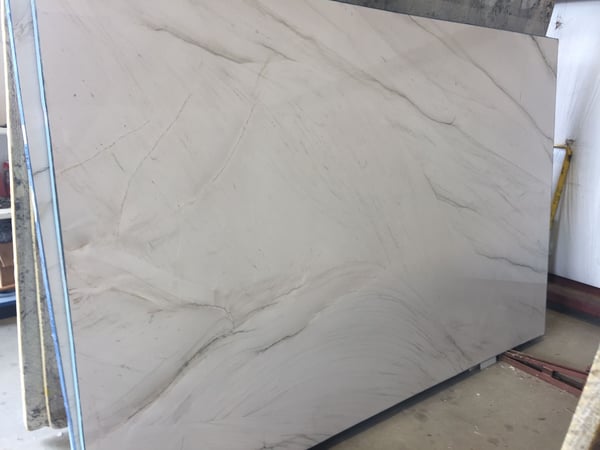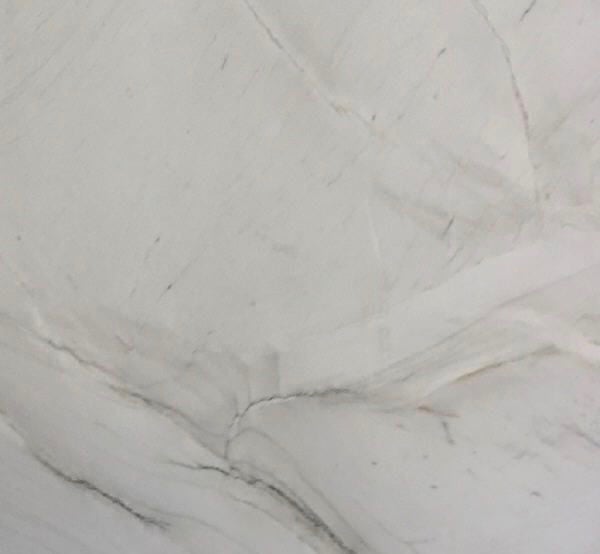 The rise in popularity of outdoor living spaces has many people thinking about how to revamp their own backyard. If you’re considering adding an outdoor kitchen to your Northern Virginia or Maryland home, you’re probably thinking about what countertops are durable, beautiful, and on-budget enough for your space. If quartzite is on your short list, here’s a brief overview of what the material is, its advantages, and some of its drawbacks.
The rise in popularity of outdoor living spaces has many people thinking about how to revamp their own backyard. If you’re considering adding an outdoor kitchen to your Northern Virginia or Maryland home, you’re probably thinking about what countertops are durable, beautiful, and on-budget enough for your space. If quartzite is on your short list, here’s a brief overview of what the material is, its advantages, and some of its drawbacks.
Quartzite Isn’t Quartz
The terminology in outdoor countertops can be a bit confusing, so the first important thing to be aware of is that quartzite is separate from quartz.
Quartzite is a naturally occurring metamorphic rock. It’s formed when high temperatures and pressure are applied to quartz sandstone. Under these conditions, sand grains and silica cement recrystallize and form an interlocking network of quartz grains. This provides the product with great strength. (More information on that below.)
Quartz, on the other hand, is an engineered stone. It’s made from approximately 90 percent loose ground quartz, and the remainder is composed of various pigments, polymers, and resins.

Advantages of Quartzite for Outdoor Countertops
-
Aesthetics
One of the biggest reasons people gravitate toward quartzite is for aesthetic reasons. With its unique gray and white patterns, many find it closely resembles marble but at a more attainable price point. Its veining offers an interesting visual element, and it doesn’t have a synthetic, repetitive pattern that some manufactured countertop products have.
It’s a classic, clean, sophisticated look that’s neutral enough to fit many different styles. Whatever your design ideal with your outdoor living space, quartzite can complement it.
-
Durability in the Elements
Given it’s a natural product, quartzite holds up very well outdoors. It can withstand extreme temperatures, as well as exposure to rain, snow, and wind. If you’re looking to build an outdoor living space in the Northern Virginia or Maryland regions, quartzite can very likely handle whatever weather patterns your countertops will encounter.
When it comes to exterior countertops, you have to be especially cognizant of how they’re going to react in direct sunlight. With the wrong product, UV can damage, deteriorate, or discolor your countertops over time. With quartzite, you don’t have to worry about this issue.
Note, if you’re on the fence about quartzite versus quartz countertops, know that quartz is not usually recommended for exterior use. The resins can deteriorate with that UV exposure. The exception is if that quartz has been specifically designed for outdoor applications. This is the case with Caesarstone’s Solaris outdoor line.
-
Durability with Everyday Use
In addition to withstanding whatever Northern Virginia and Maryland weather can throw at them, quartzite countertops are also great at holding up to everyday wear and tear. It’s a seven to eight on the Mohs hardness scale, and it’s quite resistant to both heat and water. Acidic foods are also not likely to cause the etching that can occur with some other types of natural stone countertops.
Disadvantages of Quartzite Exterior Counters
-
Maintenance and Upkeep
While some people list maintenance as a benefit of quartzite, it is important to know it must be sealed properly and regularly. Failure to keep up with this maintenance cycle allows the porous stone to stain from food and beverage spills, and it allows for bacterial growth.
Sealing should occur at least once a year, and you’ll need to keep a vigilant eye on your countertops to ensure the seal hasn’t worn away in high-use spots.
Should you regularly and properly seal your countertops, maintenance can be quite minimal and easy. Mild dishwashing soap and warm water are sufficient to clean up just about any spill that occurs. Harsh chemicals should always be avoided because they can damage that layer of sealant.
-
Scratching
For all its durability, quartzite is susceptible to scratching. Any sharp object could mark up the surface. Especially if you’re doing food preparation directly on the counter, always use a cutting board. While they won’t likely cause any functional damage, knives can definitely mar the pristine aesthetics of your countertop.
-
Expense
Quartzite is not the cheapest option for your outdoor countertops. Something like marble will come in at a higher price point, but quartzite, like many natural stone options, is expensive. Part of that expense comes down to fabrication costs. The hardness of the material means diamond cutters and other specialized tools are required to fabricate the countertops, and highly skilled workers are needed to install it. Those expenses get passed on to the homeowner.
Want Guidance with Your Outdoor Kitchen?
Want more information? To see an overview of the four most popular outdoor countertop choices today, check out this article.
If you’re building an outdoor kitchen for your Northern Virginia or Maryland home and have any questions, contact us today. We’re happy to discuss your build!


